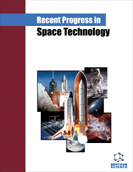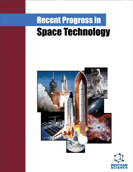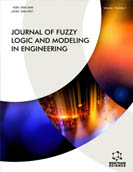Abstract
The aim of this research is to develop lean assessment tools and the
corresponding practices for maturity evaluation within a warehouse environment
operating mainly as third party logistics (3PL). The objective is to examine the
performances of the warehouses in terms of productivity, quality, and employee
satisfaction. The research is a case study in nature, where design-thinking approach
was applied for the development of lean tools. The study was conducted via literature
reviews and multiple case study assessments of the implementation of lean practices in
third party logistics (3PL) services. Thus, both qualitative and quantitative approaches
were used. Furthermore, there was a combination of exploratory and descriptive
characters in the study. Lean assessment tools that can be used in warehouse
environments were developed. From the lean maturity evaluation of the warehouses,
overall maturity is averagely implemented. Analyses of the warehouse productivity
show good implementation with a score of ≥80-90%. There is a direct relationship
between lean practices and productivity. Warehouse quality falls within the average
level of implementation with a score of ≥60-80%. Employee satisfaction has little or no
effect on overall maturity with the score within the average level of implementation of
≥60-80%. The study developed tools for lean maturity assessment adapted to third
party logistics and the total supply chain warehouse environment via design thinking.
Consequently, the research outcomes were two-fold, filling the gap in the development
of comprehensive warehouse lean maturity assessment tools and providing insight into
the actual implementation of lean warehousing.
Keywords: Lean, Manufacturing, Maturity, Third party logistics, Warehousing





















